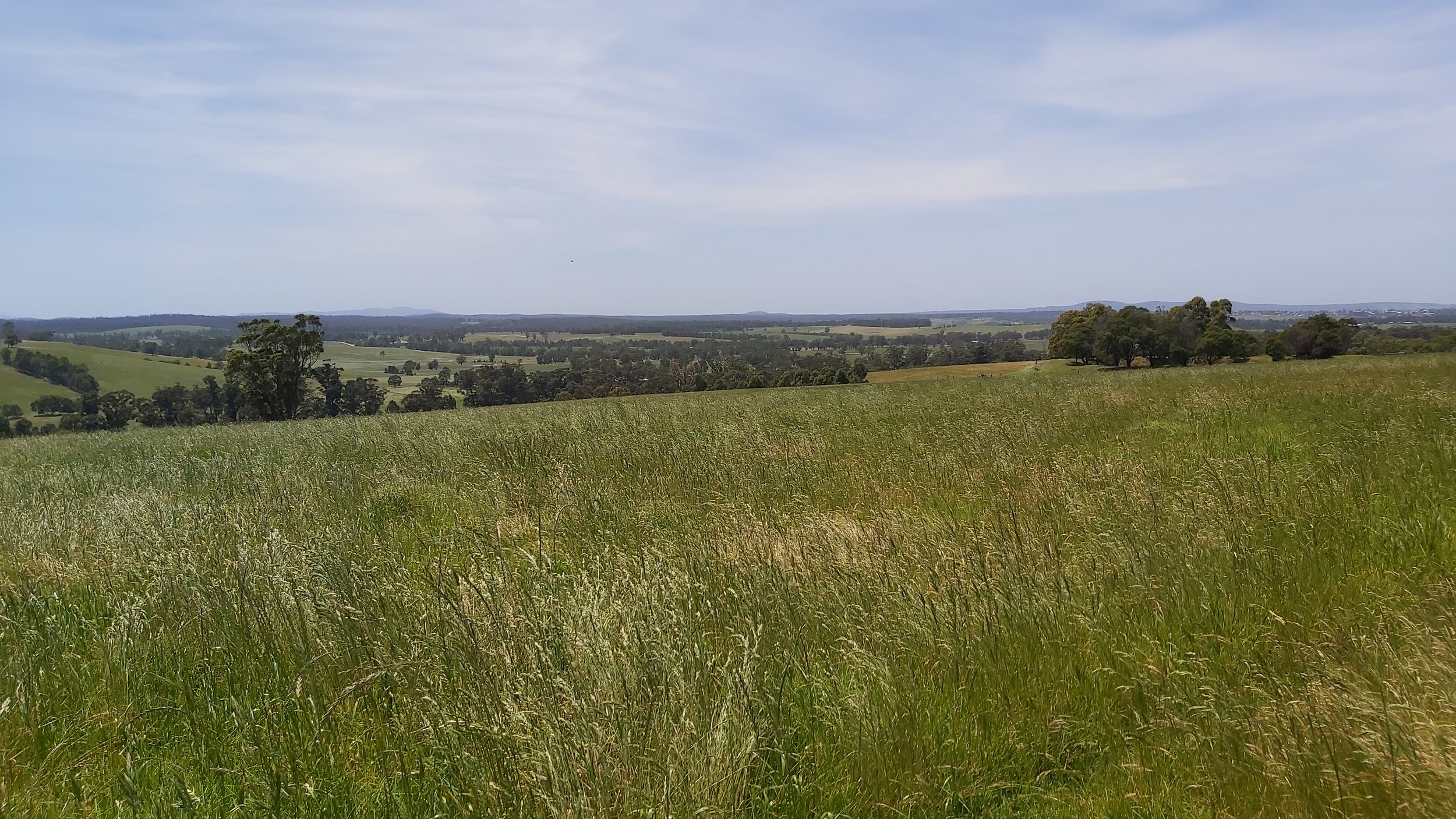
Sustainable Agriculture Facilitator Projects
About the Sustainable Agriculture Facilitator (SAF) project
The Sustainable Agriculture Facilitator (SAF) project ensures farmers are equipped to develop skills to manage a resilient and profitable farming business while enhancing the resource base.
SAFs are located in each of Australia's natural resource management regions. Their role is to promote the uptake of climate-smart, sustainable farm and land management practices. In East Gippsland, the SAF is supported by the East Gippsland Catchment Management Authority (EGCMA), hosted by Far East Victoria Landcare (FEVL), and managed by the FEVL committee with assistance from a Steering Committee of local farmers. The Steering Committee (see below) is comprised of seven farmers representing different regions and agricultural industries. The current SAF is Emma Orgill, based in Orbost but works across East Gippsland.
The SAF works with other organisations to aid farmers in developing skills, which will result in managing a resilient and profitable farming business while enhancing the resource base. Over the past ten years, the RALF/SAF has worked on several workshops/ events/ information days. Topics include integrated pest management, grazing management, pest animals and plants, carbon farming, climate, healthy soils, succession planning, whole farm planning, business management and decision-making. The SAF also facilitates the East Gippsland Women in Agriculture Network.
The Sustainable Agriculture Facilitator is supported by the Australian Government through funding from the Natural Heritage Trust under the Climate-Smart Agriculture Program.
SAF Steering Committee
The East Gippsland SAF Steering Committee ensures the development of locally relevant targets and activities. FEVL maintains a committee representative of the region’s farming and geographical diversity and of Landcare.
The role of the Steering Committee is to:
Provide guidance and support to the RALF and assist in project planning and priority setting.
Monitor progress towards meeting the activity targets agreed upon with the funding body.
Assist in identifying key industry groups, individuals and other stakeholders whose input could be relevant to the project and the Steering Committee.
Current Members
Neil Joiner (Beef/ex-dairy), Emily Richardson (Cropping & Beef), Kevin Dean (Beef & Sheep), Trevor Caithness (Cropping & Beef), Dawn Parker (FEVL Rep), Nick Blandford (Merino & EGLN Rep)
2023 -2028
The SAF is a designated central contact point for farmers, landholders, industry, and community groups and will aim to support climate-smart sustainable agriculture practices in East Gippsland. The SAF will work closely with the East Gippsland farming and Landcare community to provide opportunities for farmers to develop improved skills and increased knowledge to assist them in making land and natural resource management decisions. The project will stimulate thinking and build confidence so that change and experimentation become a matter of principle, which in turn will contribute to developing a sustainable climate-smart farming community that is resilient and can adapt to change. Far East Victoria Landcare will host the East Gippsland Facilitator SAF and work closely with the East Gippsland Catchment Management Authority.
The SAF role will also provide services that support regional capacity services and other sustainable agriculture-related project services.
The scope of the SAF is to:
1. Engage and inform farmers, landholders, community groups, and agriculture industries within their NRM region about climate-smart, sustainable agriculture practices, including best practices in natural resource management, biodiversity and carbon markets, and practices that support emission reductions and build climate resilience on-farm.
2. Facilitate partnerships and connections to help farmers, landholders, community groups, and agriculture industries collaborate to achieve sustainable agriculture outcomes.
3. Support the delivery of sustainable agriculture projects in their region.











